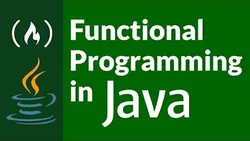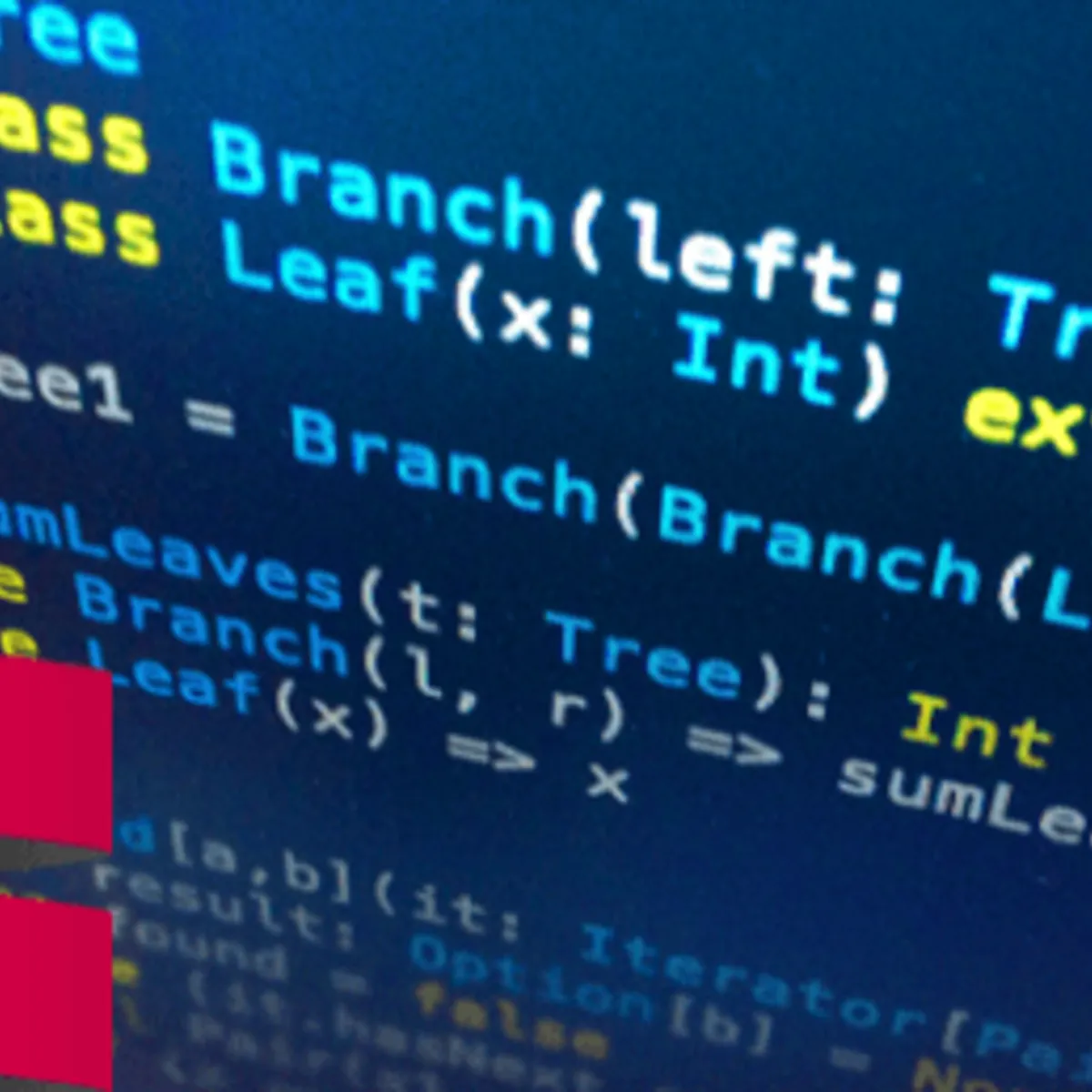
Web Scraping with Python - Beautiful Soup Crash Course 
This crash course provides an introduction to web scraping with Python and the Beautiful Soup library. Gain the skills to extract data from websites and use it for your own projects. ▼
ADVERTISEMENT
Course Feature
![]() Cost:
Cost:
Free
![]() Provider:
Provider:
freeCodeCamp
![]() Certificate:
Certificate:
Paid Certification
![]() Language:
Language:
English
![]() Start Date:
Start Date:
On-Demand
Course Overview
❗The content presented here is sourced directly from freeCodeCamp platform. For comprehensive course details, including enrollment information, simply click on the 'Go to class' link on our website.
Updated in [April 29th, 2023]
This course provides an introduction to web scraping with Python using the Beautiful Soup library. Students will learn how to use Beautiful Soup to scrape data from websites and how to use the data to create meaningful insights. The course will cover topics such as HTML structure, XPath, and CSS selectors, as well as how to use Beautiful Soup to scrape data from websites. Additionally, students will learn how to use the data to create meaningful insights. By the end of the course, students will have a better understanding of web scraping and how to use the data to create meaningful insights.
[Applications]
The application of this course can be seen in various areas such as data mining, data analysis, and web development. It can be used to extract data from websites, automate web tasks, and create web crawlers. It can also be used to create web applications that can interact with websites and extract data from them. Additionally, it can be used to create web scrapers that can be used to monitor websites for changes and updates.
[Career Paths]
1. Data Scientist: Data Scientists use web scraping to collect data from websites and use it to create predictive models and insights. They use a variety of tools and techniques to extract data from websites, including web scraping. With the increasing demand for data-driven decisions, the demand for data scientists is expected to grow significantly in the coming years.
2. Web Developer: Web Developers use web scraping to create dynamic websites and web applications. They use web scraping to extract data from websites and use it to create interactive webpages. With the increasing demand for web applications, the demand for web developers is expected to grow significantly in the coming years.
3. Software Engineer: Software Engineers use web scraping to create software applications that can extract data from websites. They use web scraping to create applications that can automate the process of extracting data from websites. With the increasing demand for automation, the demand for software engineers is expected to grow significantly in the coming years.
4. Data Analyst: Data Analysts use web scraping to collect data from websites and use it to create insights and reports. They use web scraping to extract data from websites and use it to create reports and insights. With the increasing demand for data-driven decisions, the demand for data analysts is expected to grow significantly in the coming years.
[Education Paths]
1. Bachelor of Science in Computer Science: This degree path provides students with a comprehensive understanding of computer science fundamentals, such as programming, algorithms, data structures, and software engineering. It also covers topics such as web development, artificial intelligence, and machine learning. With the increasing demand for web scraping, this degree path is becoming increasingly popular as it provides students with the necessary skills to develop and use web scraping tools.
2. Bachelor of Science in Data Science: This degree path focuses on the analysis and interpretation of data. It covers topics such as data mining, machine learning, and data visualization. With the increasing demand for web scraping, this degree path is becoming increasingly popular as it provides students with the necessary skills to develop and use web scraping tools.
3. Master of Science in Artificial Intelligence: This degree path focuses on the development of artificial intelligence systems. It covers topics such as natural language processing, computer vision, and robotics. With the increasing demand for web scraping, this degree path is becoming increasingly popular as it provides students with the necessary skills to develop and use web scraping tools.
4. Master of Science in Data Science: This degree path focuses on the analysis and interpretation of data. It covers topics such as data mining, machine learning, and data visualization. With the increasing demand for web scraping, this degree path is becoming increasingly popular as it provides students with the necessary skills to develop and use web scraping tools.
Course Provider

Provider freeCodeCamp's Stats at AZClass
Discussion and Reviews
0.0 (Based on 0 reviews)
Explore Similar Online Courses

Functional Programming in Java - Full Course

MERN Stack Course - ALSO: Convert Backend to Serverless with MongoDB Realm

RDBMS PostgreSQL

Intro To PostgreSQL Databases With PgAdmin For Beginners

PostgreSQL: Client Applications

Mastering SQL using Postgresql

Database Design and Basic SQL in PostgreSQL

PostgreSQL: Advanced Queries

Spatial SQL with Postgres : A language for geographers

Learn SQL Using PostgreSQL: From Zero to Hero

PostgreSQL Essential Training


Start your review of Web Scraping with Python - Beautiful Soup Crash Course